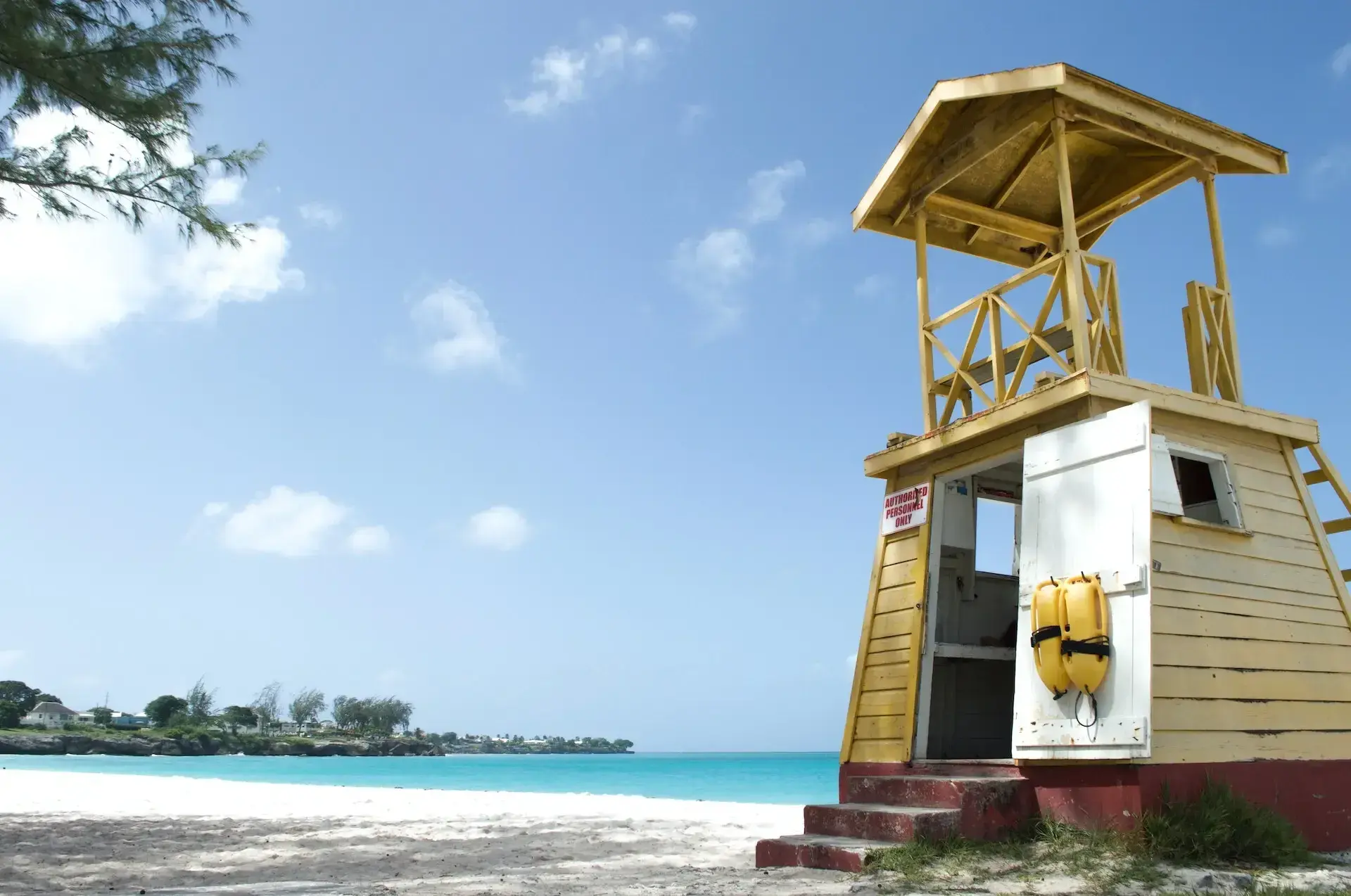Rewilding and our need for nature
Rewilding is an environmental ideology aimed at restoring ecosystems as they were before human intervention. This ideology is carried out by returning large animals to their original habitats, from which they were displaced by human activity. The return of such animals, in turn, triggers several processes that enhance biodiversity. For example, if you return wolves to an area where they once lived, but where many deer have now accumulated, wolves will keep their livestock under control. Thus, deer will not eat all the plants in the forest, and they will be able to feed on other animals, which will be more likely to survive due to the variety of food. In the optimal biocenosis, it is comfortable for a person to exist.
Why we are so attracted to nature
Everyone subconsciously reaches for nature. The hustle and bustle of a big city with endless experiences and anxieties drain almost all energy. Not surprisingly many people are willing to exchange the comfort provided by civilization for a vacation by the river or lake with minimal comforts. That is why the latest tourist trend is eco-hotels, where you can book rooms only in advance. Some ecotourists even become eco-settlers, taking their families to the forest for permanent residence. And nature can give us energy. When we return from the park, we feel rested, full of energy, and meditation and energy practices in nature are always the most powerful. By the way, scientists have proven that a villager or a person who has a cottage feels less stress than a resident of the apartment. So is it worth giving up everything and moving to live in the woods or at least out of town?
Is such a good life in the woods
Thus, residents of megacities often suffer from asthma, allergies and depression. But at the same time, they are less prone to obesity, suicide, less likely to die from accidents. In old age, they are more satisfied with life and, in general, live longer than their peers in rural areas.
Cities are associated with polluted air, crime and stress. But rural life also has its drawbacks. For example, disease-carrying insects, spiders and mites can poison the idyll of life in nature.
In some cases, pollution outside the city can be even more serious: in 2015, for example, it killed 1.1 million people in India, 75% of whom live in rural areas. Mainly since villagers are at greater risk, often breathing combustion products – both when working on farmland and at home, when burning firewood.
In Indonesia, deforestation is causing toxic smog that hangs for months, sometimes even affecting neighbouring countries – Singapore, Malaysia and Thailand.
Air pollution by smoke from forest fires is familiar to residents of the entire southern hemisphere from South America to South Africa. (In fairness, it should be noted that the air in the southern hemisphere is still cleaner than in the northern. Simply because fewer people are living there.)
What conclusion can be drawn? Maybe it’s just good where we’re not?









